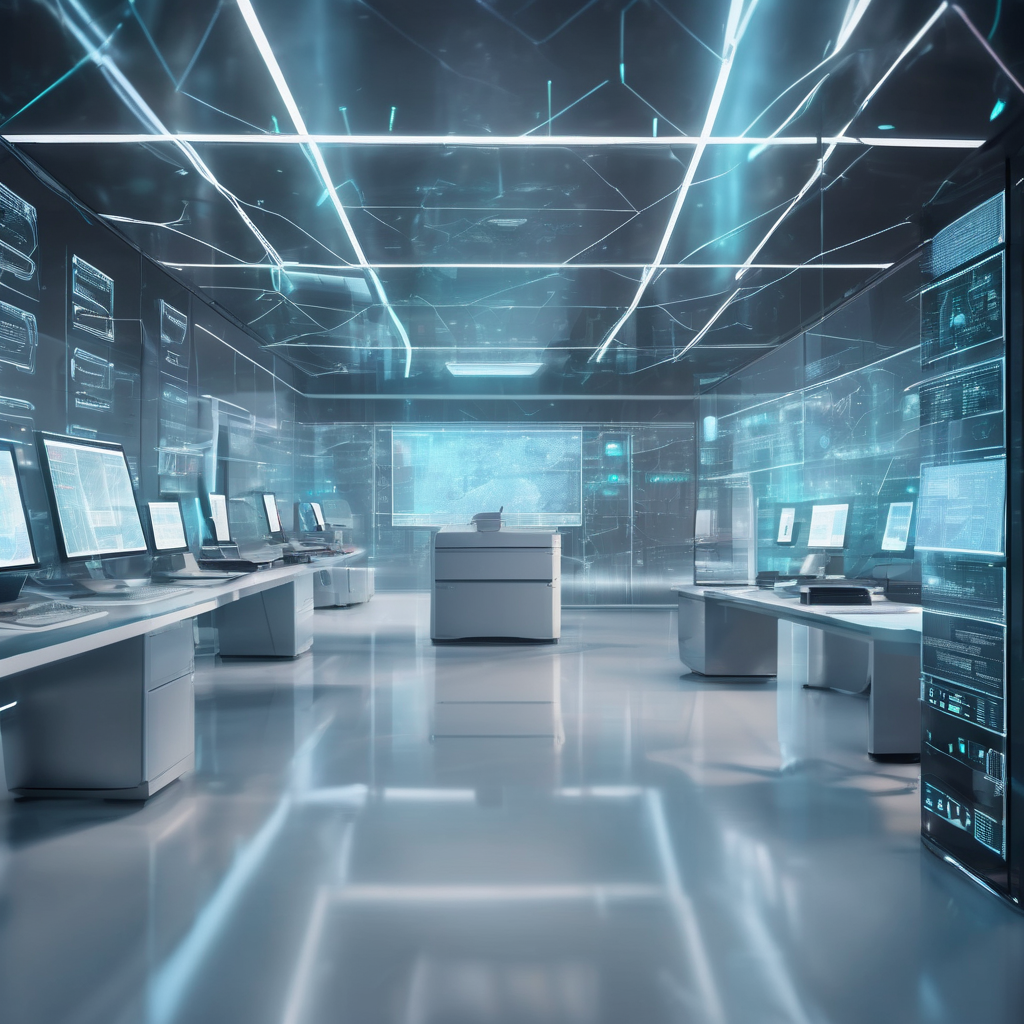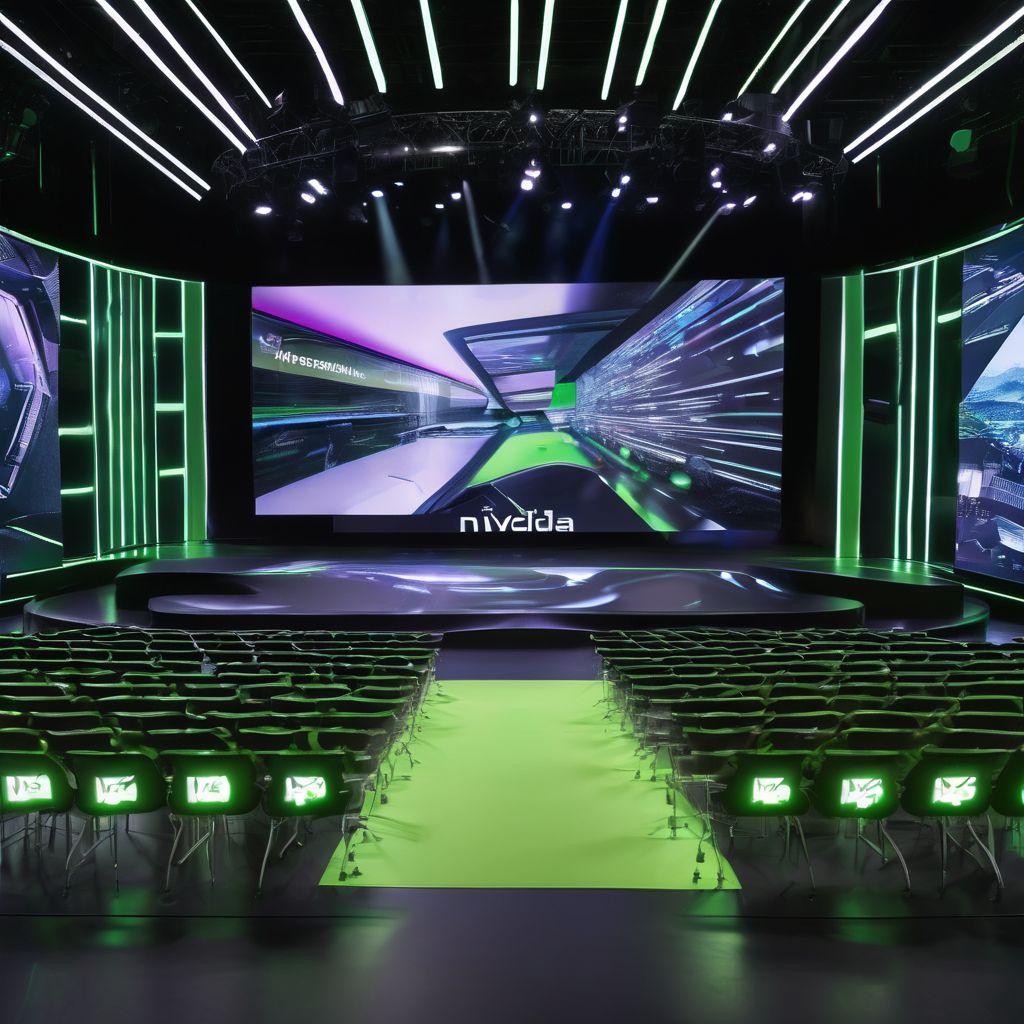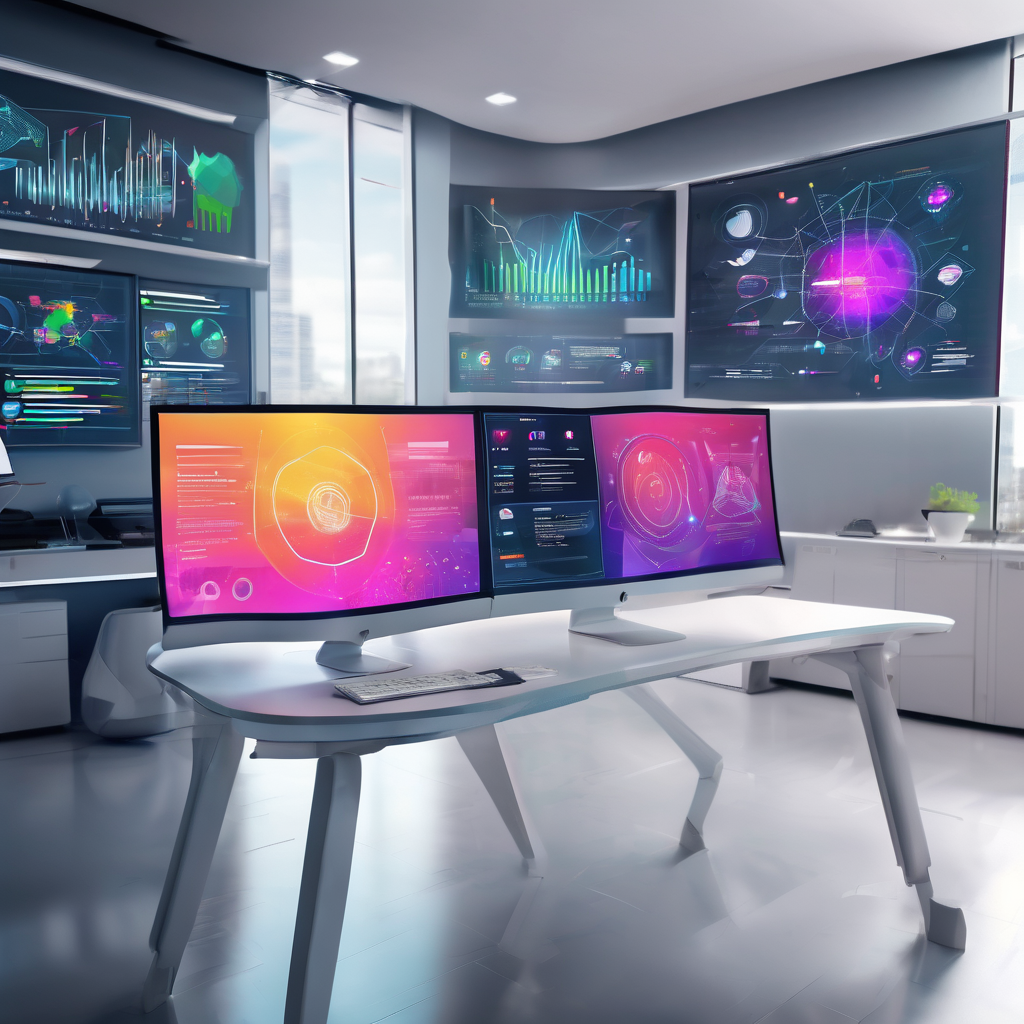
Two key factors, though distinct yet interconnected, are causing turmoil among writers. These factors include significant labor struggles and the rapid advancements in artificial intelligence. On the labor front, writers in various mediums, such as TV, music, and books, have faced challenges. Streaming services like Netflix have deprived TV writers of residuals, while Spotify has severely impacted song lyricists. Additionally, consolidation within the publishing and bookselling industries has put pressure on book authors. Despite bringing billions of dollars into the economy, writers themselves are often treated as expendable. As we consider the potential of AI to automate writing and other industries, questions arise about whether our society will shift towards universal basic income and shortened work weeks, or if wealth inequality will continue to grow, leading to more people living in poverty each year. In this unstable moment, Jackie Wang, a poet, scholar, and assistant professor at USC, offers valuable insight. Through email exchanges and discussions, Wang and I have explored the impact of AI on our lives and the future of writing and humanity at large. During a recent hike, we discussed how the convergence of literary production and artificial intelligence may mark the end of the era in which we experience raw human emotion. Wang clarifies that her remark refers to the overwhelming saturation of distractions, heightened during the pandemic when the internet mediated most aspects of her existence. The pervasive influence of technology, designed to be addictive and manipulating our dopamine reward system through behavioral science research, uncovers how limited our "will" and "agency" truly are in relation to technology. While Wang is curious about how the mechanics of literary production may transform, I approach the issue with more hesitation and sentimental attachment to traditional writing methods that have remained relatively unchanged over the past millennia. Being a poet, for me, entails more than just creating poetry; it involves training a certain consciousness. It is about expanding perception, emotional states, and soulful awareness of life's mysteries and complexities. Language, in my view, is not solely about transmitting information or advancing a plot but is more akin to the meandering thoughts of a wandering mind, with its digressions, pulsations, and rhythmic twists. The question arises: can algorithms ever capture the essence of spontaneity and emotion?While AI can convincingly imitate emotions and mimic concern or understanding, there is a need to explore the unconventional aspects of AI to ensure it generates more than just mediocrity. The collaboration between writers and machines is not entirely novel. Rupi Kaur's instapoetry, for example, already reflects a closed poetic form responsive to algorithms. We have always collaborated with technology, with the computer itself shaping our thoughts and writing in unique ways.
The emergence of AI directly influencing written works signifies a crucial turning point. Some argue that AI democratizes the creative process; however, it is essential to address issues of corporate concentration to truly achieve democratization. From a labor perspective, we might envision a future where writers become prompt makers and editors of computer-generated responses. This shift could lead to the automation of certain types of writing and para-literary activities, potentially impacting the livelihoods of writers who rely on commercial writing and editing for support. Surviving economically as a writer has become increasingly challenging, and high costs of living drive artists towards more commercially driven endeavors, compromising the free expression of art. AI's impact on notions of originality and plagiarism can already be observed in the music industry, with AI-generated songs imitating the voices of musicians. While I personally do not hold a strong attachment to the concept of originality and believe in the creative churn that amalgamates old ideas to generate new ones, the availability and replicability enabled by technology shape discussions about how artists will sustain themselves. Protecting writers might involve laws that limit AI's ability to imitate living creators. However, as someone fundamentally against private property, I recognize the need to balance this perspective with the economic realities faced by writers. The issue of AI imitating living writers, artists, actors, and the commercialization of these imitations while depriving living creators raises questions about labor protections and the exploitation of workers involved in generating and refining AI through annotation and data training. The parallels between the current situation and the Industrial Revolution are evident. This transformative period in history triggered rapid accumulation and inherent tendencies for creative destruction. Generative AI and large language models will undoubtedly reshape the economy, potentially leading to the complete collapse of some industries. However, this efficiency-driven progress perpetuates our bondage to work, rather than affording us the opportunity to embrace a postwork society where the joys of existence are prioritized over toiling for the benefit of the ownership class. As we navigate this transition, the poetry economy teaches us valuable lessons. Poetry's inherent uselessness and resistance to commodification make it a poignant reminder of the value that extends beyond capital. Many poets struggle to support themselves solely through their poetry, often relying on other jobs or roles within academia or the publishing industry. Generative AI may flood the literary landscape with an overabundance of language, making poets and other literary writers even more surplus to requirements. In conclusion, the impact of labor struggles and advancements in AI on the writing community is undeniable. While there are potential benefits and transformations that AI can bring to the field, concerns about exploitation, economic viability, originality, and the preservation of human emotion and creativity must be addressed. The pursuit of a fair and supportive environment for writers within an evolving technological landscape necessitates careful consideration of labor protections, efforts to prevent corporate concentration, and ongoing conversations about the purpose and essence of artistic expression.
None


As the holiday shopping season nears, small businesses prepare for a potentially transformative period, guided by key trends from Shopify’s 2025 Global Holiday Retail Report that could shape their year-end sales success.

Meta’s Artificial Intelligence Research Lab has made a notable advancement in fostering transparency and collaboration within AI development by launching an open-source language model.

As artificial intelligence (AI) increasingly integrates into search engine optimization (SEO), it brings significant ethical considerations that must not be overlooked.

During Nvidia’s GPU Technology Conference (GTC) keynote on October 28, 2025, a disturbing deepfake incident occurred, raising significant concerns about AI misuse and deepfake risks.

British advertising firm WPP announced on Thursday the launch of a new version of its AI-powered marketing platform, WPP Open Pro.

LeapEngine, a progressive digital marketing agency, has significantly upgraded its full-service offerings by integrating a comprehensive suite of advanced artificial intelligence (AI) tools into its platform.

OpenAI’s latest AI video model, Sora 2, has recently faced substantial legal and ethical challenges following its launch.
Launch your AI-powered team to automate Marketing, Sales & Growth

and get clients on autopilot — from social media and search engines. No ads needed
Begin getting your first leads today